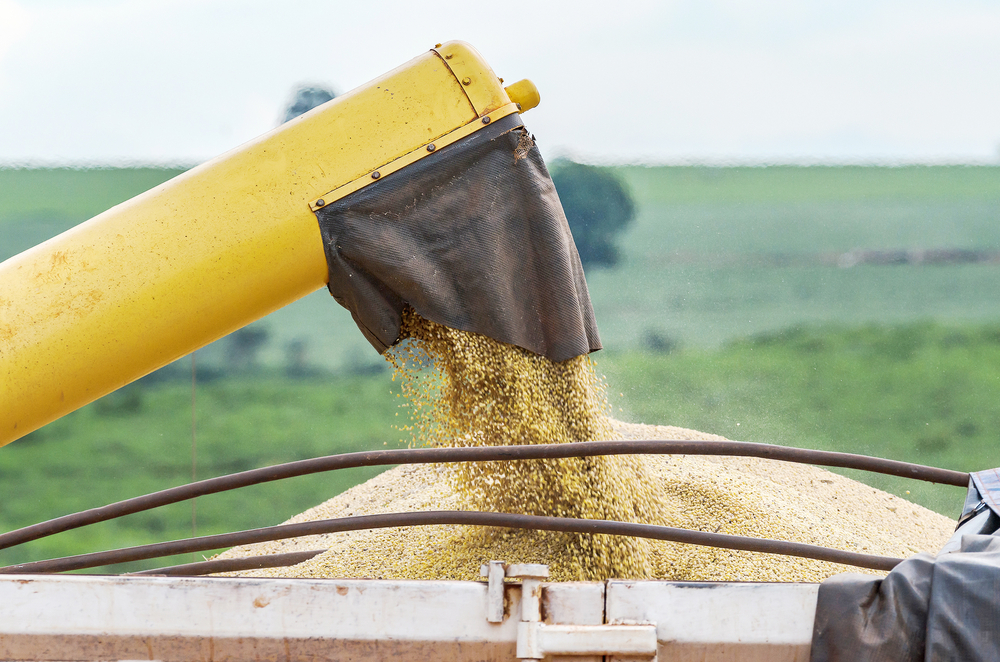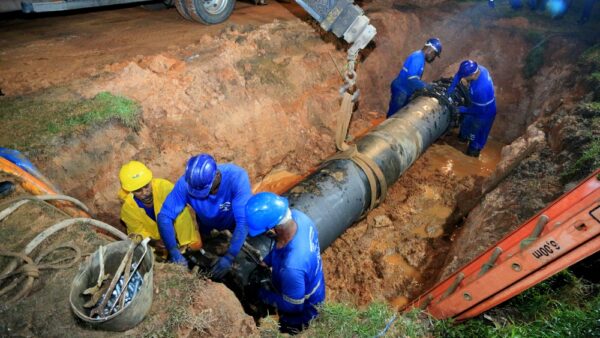It may not be as well-known as the Amazon region, but conservationists and biologists say Brazil’s Cerrado region is perhaps no less important. The tropical savanna biome spans over 21 percent of Brazilian territory. Ample plateaus looming amid flat lowlands define what the World Wide Fund For Nature called the “world’s biologically richest savanna.”
But the arid landscape is increasingly a part of public conversation amongst environmentalists, most recently with 23 major companies participating in a campaign to stop deforestation in the area.
Deforestation, however, is not the biggest threat to the Cerrado – and nor is most of it even illegal. Brazil’s Forest Code states that landowners in the region are required to conserve 20 percent of the land. This might seem low in comparison to the Amazon, which is public land and where 80 percent must be dedicated to conservation purposes. But the Cerrado is still above the global protection requirements, which sit at just 17 percent, and in line with the country’s Forest Code.
Instead, experts warn that monoculture farming poses a significant danger to the sustainability of the Cerrado landscape. Of the Cerrado’s 54 million hectares, 22 million are occupied by grain monocultures, largely soybeans and corn – and on top of that, eucalyptus monocultures are another big crop, despite not being natural to savanna regions. The Cerrado is large enough that specialists believe changes to its ecosystem could have very real impacts for the rest of the country, which are already beginning to be felt in nearby cities.
Federal support for conservation is lacking, according to the Pastoral Land Commission, which is currently leading a campaign with ActionAid and several other NGOs to protect the Cerrado region. The rural lobby’s power and influence in Congress seem to be increasing, as bumper harvests...


 Search
Search






































